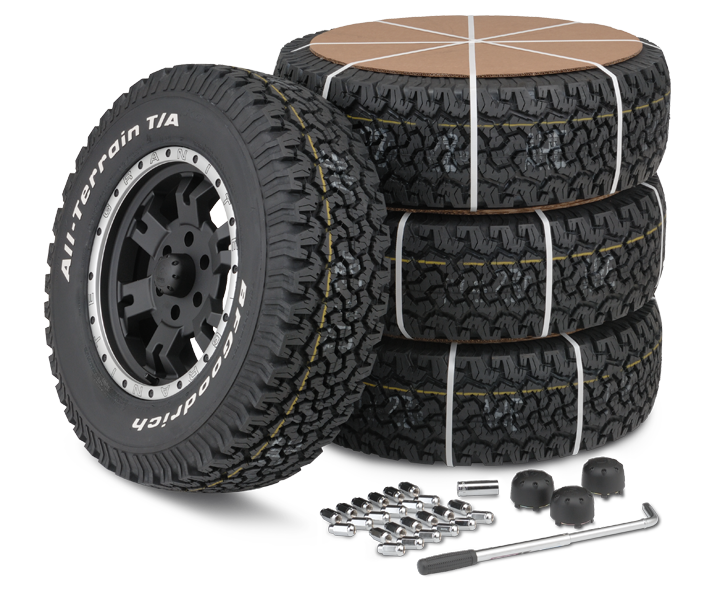Check Out Exclusive Mopar Tire Service Specials in Morris Today
Check Out Exclusive Mopar Tire Service Specials in Morris Today
Blog Article
Tire Solution: Comprehending Tire Stress Tracking Equipments
Recognizing Tire Stress Monitoring Solutions (TPMS) is a vital facet of keeping ideal lorry efficiency and safety on the roadway. With innovations in vehicle technology, TPMS has actually come to be a standard feature in modern-day lorries, giving real-time details on tire stress levels.

Significance of TPMS
The importance of Tire Pressure Tracking Equipments (TPMS) exists in their capability to enhance lorry safety and security and efficiency through real-time surveillance of tire stress levels. Keeping the right tire pressure is important for making certain optimum handling, stopping, and overall safety and security of a car. TPMS gives motorists with immediate responses on any type of underinflated or overinflated tires, enabling prompt modifications to be made.
Components of TPMS
Sensors are usually located in the tire shutoff stem or connected to the wheel setting up, where they gauge tire pressure and send information to the control module. Some progressed TPMS designs likewise present the real tire pressure analyses for each tire, supplying chauffeurs with real-time information to make certain ideal tire performance and safety and security. By keeping an eye on tire stress continually, TPMS helps protect against mishaps, reduces tire wear, and boosts gas effectiveness, making it an important component for automobile safety and performance. tire shop morris.
Sorts Of TPMS

On the various other hand, indirect TPMS counts on the car's wheel rate sensors to keep an eye on tire stress. This system detects underinflation by comparing the rotational speeds of the wheels. Indirect TPMS is less expensive than straight TPMS, as it makes use of existing sensing units within the lorry.
While straight TPMS offers extra accurate analyses, indirect TPMS is simpler in design and generally needs much less upkeep. Both systems have their constraints and benefits, and the option between them commonly relies on variables such as price, lorry make, and individual preference. Understanding the differences in between these 2 sorts of TPMS can assist car owners make notified decisions pertaining to tire upkeep and security.
TPMS Maintenance Tips
Effective maintenance of TPMS is important for ensuring optimum efficiency and security of your vehicle. Consistently checking the TPMS sensors for any damages or rust is important. Make sure that the sensors are complimentary and clean from particles that could hinder their functioning. Additionally, it is suggested to inspect the sensor batteries occasionally and change them as needed Web Site to ensure accurate analyses. Conduct routine look at the tire pressure degrees and compare them with the TPMS analyses to ensure they correspond. If there are any discrepancies, alter the system following the supplier's guidelines. During tire rotation or substitute, make sure that the TPMS elements are handled very carefully to prevent any potential damage. If the TPMS cautioning light illuminates on the dashboard, address the problem immediately by checking the tire stress and the general system for any type of mistakes. By sticking to these maintenance suggestions, you can prolong the life-span of your TPMS and boost the safety of your driving experience.
Advantages of Appropriate Tire Stress
Maintaining appropriate tire stress, as stressed in TPMS Maintenance Tips, is critical for reaping the many advantages associated with optimal tire stress degrees. In addition, proper tire stress ensures even tire wear, expanding the lifespan of the tires and promoting more secure driving problems. In conclusion, the advantages of correct tire pressure go beyond simply tire long life; they encompass improved gas performance, enhanced security, much better lorry performance, and total driving comfort.
Final Thought
Finally, understanding tire pressure tracking systems (TPMS) is important for keeping optimal tire pressure and guaranteeing automobile safety and security. By identifying the relevance of TPMS, recognizing with web its components, knowing the different types offered, sticking to proper maintenance suggestions, and realizing the benefits of maintaining proper tire stress, chauffeurs can improve their driving experience and extend the life expectancy of their tires. Appropriate tire stress is key to secure and efficient lorry procedure.

Report this page